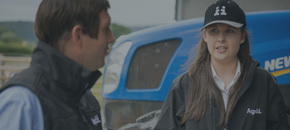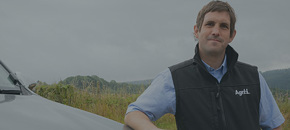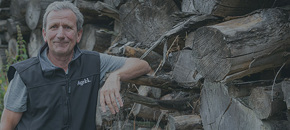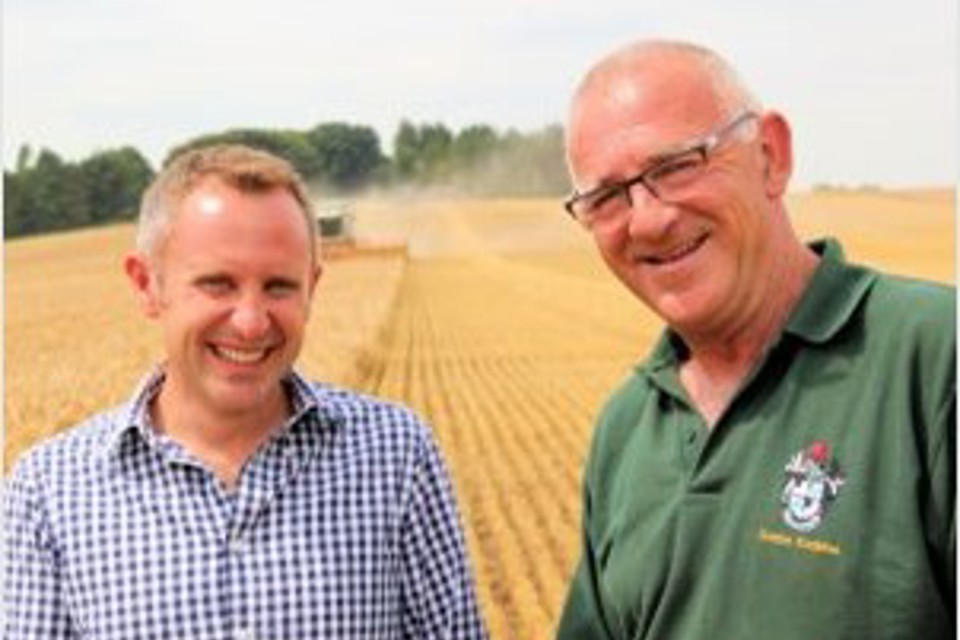
Leading Estate Team Builds Future Proof Farming Platform
Case Study - 19.07.17
Future-proofing through conservation in Lincolnshire
Future-proofing for an increasingly challenging future with nature conservation at its heart, has been the main aim of the 6,000ha Sir Richard Sutton Estates the last few years.
A major review of the farm business in 2012 saw changes rolled out across the estate’s 3,600ha or mainly arable land, run from Hall Farm near Market Rasen, Lincolnshire.
These include increasing soil health, reducing machinery costs, raising operating efficiencies and extending rotations. The estate’s head of farming, Chris Baylis, explains;
“As well as improving immediate viability, we’ve been building the level of arable performance consistency we need to deal with a less predictable climate, declining agrochemical efficacy and the inevitability of much-diminished future farming support.”
Changes have put the business on a firm path to break-even before subsidy, and in 2015 final feed wheat yields across the Wolds land and heavy ground averaged 25% above the five-year mean at 11.72 t/ha.
Also up on historic averages that year were winter oilseed rape at 4.55 t/ha, winter barley at 9.31 t/ha and spring barley at 7.94 t/ha.
Effective agronomy and cost control kept average feed wheat variable costs down in 2015 to £47/t, and total production costs to £108/t, while the best crop marketing delivered an average wheat selling price of £128/t.
“Like most, we’re certainly having a less good harvest this season,” says Chris. “However, 2015 underlines what we can do to ensure the sort of viability essential to support the strong investment in nature conservation that has always been a priority here.”
“We have an outstanding environment in the Lincolnshire Wolds AONB. Our 400ha of environmental mixtures and margins, 100 ha of mixed woodlands and many miles of managed hedgerows support a fantastic diversity of wildlife which we are proud to share with as many as 3,000 Open Farm Sunday visitors.”
Malcolm Vaughan and their small arable team have addressed them with Agrii’s research, agronomy and farm service support are, however, quite different to many; and quite different too from the direction of previous travel.
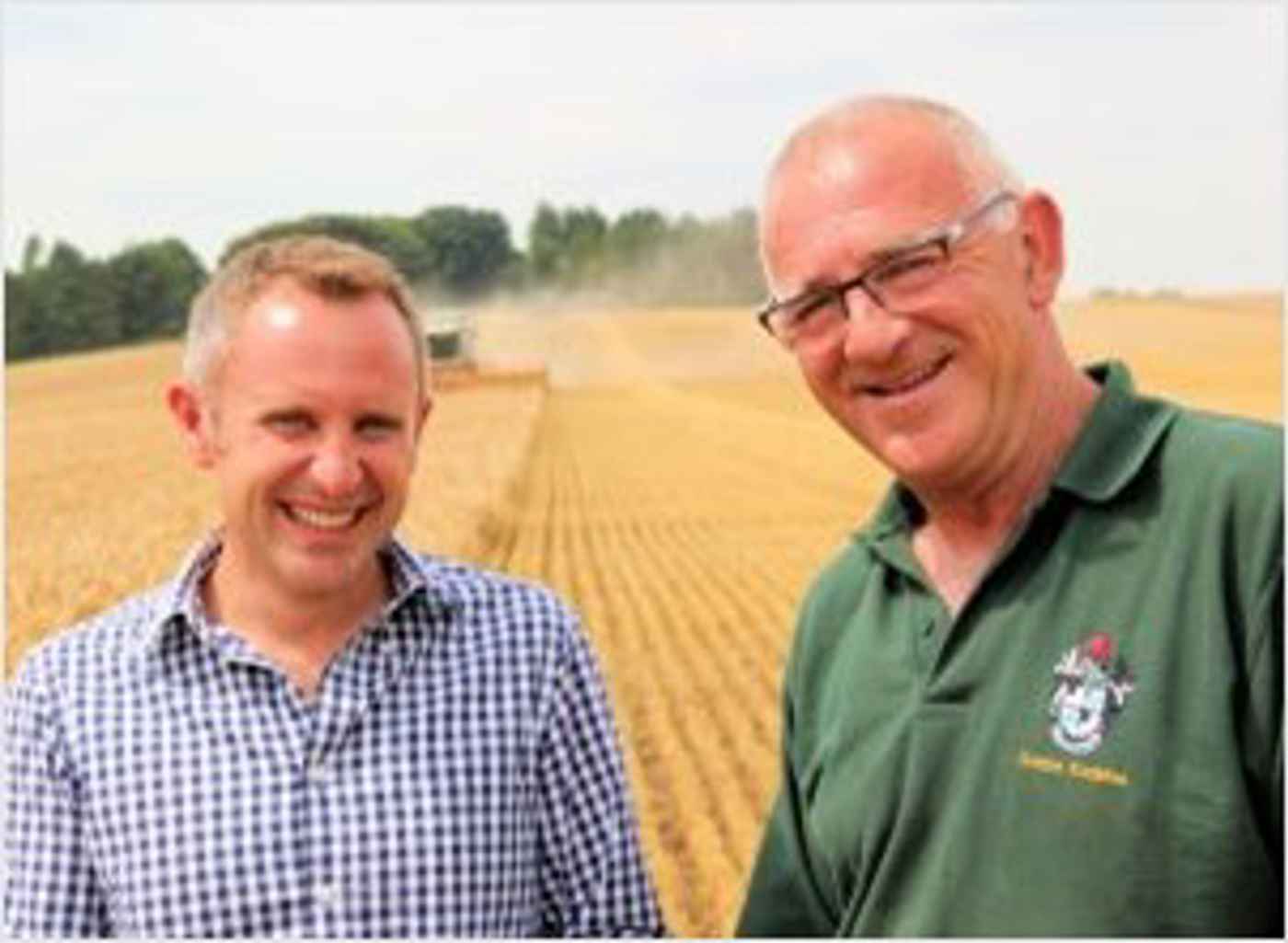
Chris Bayliss (L) and Malcolm Vaughan (R)
Tough start to direct drilling
Having successfully direct drilled 25% of the farmed area in 2011 the plan was to move to 100% no-till within four years. However, when Chris joined, he was concerned about the viability of such a rapid move with ground that had always been deep-cultivated.
So the plan was scaled back to 40% to run at this level for a complete rotation before fully committing to direct drilling. This level was also enough justify buying a Great Plains drill.
Things didn’t quite go to plan however. That Autumn, 250ha of direct-drilled winter rape was completely lost to slug seed hollowing within 3-4 days of sowing. The slugs had such a field day along tunnels left under the closed slot, that the only crop to emerge was in the tramlines.
As if this wasn’t enough, the wetness of the 2012 winter meant that of the 700ha of directly drilled wheat, only one field made it to harvest – the rest having to be replaced by spring crops or fallow.
“Like many growers, 2012 taught us some valuable lessons,” says Chris. “First and foremost, it underlined that our soils really weren’t ready for direct drilling. Despite its excellent performance the previous year, it also showed us that the drill wasn’t suitable for our ground.
“More than anything else though, it highlighted that we needed a regime flexible enough to cope with a wide range of soil and weather conditions in a far slower and more opportunistic move towards our no-till aspiration.”
Flexible drill is key
In 2013 the estate sold the direct drill and replaced it with a Vaderstad Rapid fitted with a Cultivation Solutions toolbar, which has since proved its all-round value.
By adjusting the configuration of the legs, discs and coulters, the team has a single machine which can drill direct, drill in strips, and drill into both mill till and ploughed Wold, or heavy ground with equal effectiveness. This means sowing can be better matched to conditions.
“Where the land is in good nick, we can drill our wheat directly into rape stubbles,” says Chris. “But where we have issues with soil condition we can drill after a pass with our Simba Solo SL.
“The Rapid also allows us to drill our rape in 50cm bands with liquid fertiliser either directly or following cultivation,” he says.
“It’s every bit as effective drilling winter barley in September on the Wolds, winter wheat in October on the heavy ground where black-grass is problematic, or spring barley or beans after Autumn ploughing on either soil.
“As part of our decision to merge the Wold and heavy land businesses into a single management unit, we acquired another 8m Rapid to replace the Horsch drill that worked well on the Wolds, but was unsuitable for the heavier ground.
“At the same time, we disposed of a large amount of surplus machinery and established a whole business replacement policy across our entire fleet to deliver a known annual machinery cost over the next 20 years.”
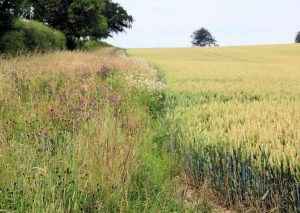
Maximising operational efficiency
Maximising efficiency of operations has created huge cost savings, says Chris.
“Like our two Claas Lexion combines, we now run the drills in tandem to maximise our working capacity, managing our cropping in roughly 120 ha blocks,” he explains.
“This means about two days of capacity for cultivation, a single day for drilling and combining, and half a day for spraying in each case – resulting in the least possible machinery movement and downtime. We can also get in and out across an entire crop block in a very small window.
“This rationalisation has given us running cost savings of more 20% over two years. Crucially too, while we’ve reduced our full-time arable staff from six to four, streamlining the operations in this way hasn’t put any more pressure on individual team members.
“The programme has had the ownership and involvement of our whole team and has actually given everyone involved extra time to step-up their training and personal development.
“Both our sprayer operators are now BASIS trained, for example, giving our agronomist two valuable extra pairs of eyes. We also all now profit from annual soil management training with specialist, Philip Wright.”
Black-grass driven rotation
The estate’s heavy land rotation has also seen significant changes, mainly to combat inevitable black-grass problems.
A five-year, winter-sown cycle consisting of two wheats, oilseed rape, wheat, and beans, has changed to a six-year rotation of; winter barley as a better entry for OSR, followed by winter wheat, then spring wheat and spring beans ahead of another first wheat.
The central defence against black-grass, in line with Agrii’s pioneering Stow Longa model, consists of two consecutive spring crops with the option to plough every five or six years, if necessary, and no wheat sown before October 20th.
Any field coded ‘red’ in the team’s traffic light inspection programme is taken out of rotation and turned to fallow.
“We’ve learnt the hard way that zero tolerance is vital with black-grass,” says Chris. “Yes, it’s risky to sow late, but it’s even more risky to sow too early and suffer the yield depression and seed return.
“Our new regime gives us the capacity to drill all our heavy land wheat in three days and the flexibility to drill it in the best way for the conditions.
“And if we don’t get a decent window, we’ll hold off and drill spring wheat instead, making the most of the extra flexibility we have with farm-saved seed and Agrii mobile dressing.”
Other anti black-grass tools
Annual drainage and ditching renovation have also been important in achieving improvements, as have variable rate sowing according to SoilQuest management zones. Better-informed variety choice and agronomy, based on the iFarm trials the Estate hosts, have also helped.
The estate team has also trialled cover and catch cropping, with a mix of black oats and tillage radish currently favoured. Even so, concerns over establishment timing and slug populations mean decisions are cautious and flexible – as they are now doing with direct drilling.
“No-till remains our eventual goal for the greatest soil health and operating efficiency,” concludes Chris. “But we’ll be continuing to take our time, letting the land guide us in its adoption as we improve our soil drainage, carrying capacity, organic matter and overall resilience.”
Optimistic for the future
“The great progress we’ve made in the past few years means we’re very optimistic for the future,” says Chris.
“There may be plenty of risks out there we can’t fully control, but with the flexibility we’ve built into our business and the commitment and enthusiasm we have in our team, we are confident we can manage our farming to minimise them. And, in so doing, uphold the environmental excellence for which the Estate has long been known.”
Join Our Community

Agrii X
We love engaging with clients and partners. Give us a follow and let's share stories for the community.

Agrii Instagram
A picture paints a thousand words. Follow us on Instagram to see what we are up to.

Agrii Facebook
Follow us on the worlds biggest social media site for the latest news and events straight to your feed.

Agrii LinkedIn
If you are all about the business, connect with us on LinkedIn to build your network
Stay In Touch

Journal Sign-Up
Receive email updates on topical news and information from around Agrii and UK Farming.

Listen To Our Podcasts
Listen to the Tramlines Podcast. Fortnightly chat about agriculture and trials with your host Tony Smith.

Agrii Insights
Read essential agri intelligence for profitable farming.

Find an Event
Join us for our upcoming events and tours.
